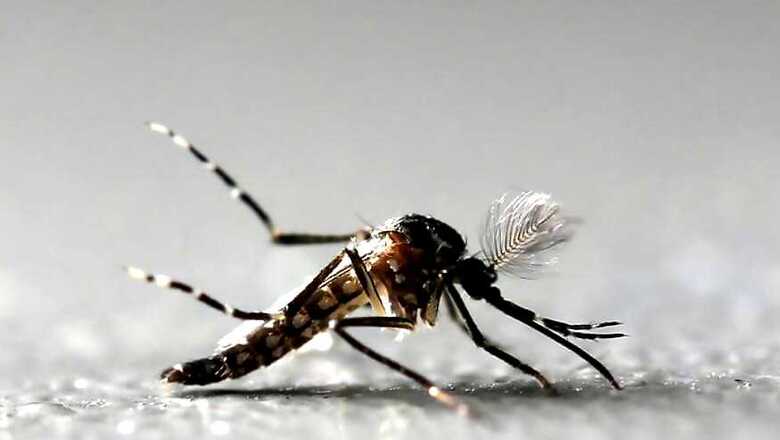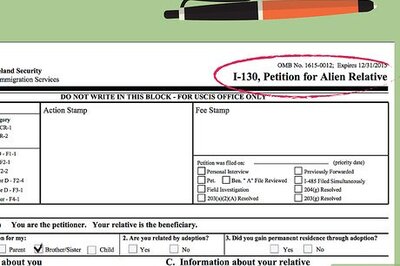
views
With erratic weather conditions and the more-than-normal spell of rains in the national capital, Delhi has seen a spike in the number of mosquito-borne diseases like malaria, chikungunya and dengue. Of over 300 cases of malaria that have been reported among residents of Delhi, officials of the civic bodies have been unable to trace more than 71 percent of those diagnosed with the mosquito-borne disease to take appropriate anti-vector measures.
Three hundred cases of malaria have been reported among Delhi residents, of which 150 were recorded in the first three weeks of September, the Hindustan Times reported citing a weekly report released by the North Municipal Corporation of Delhi on Monday.
The report stated that while Delhi, which is conventionally a state with lower malaria count, aims to eliminate local transmission of the disease by 2020. It also revealed that 132,968 cases of malaria and 27 deaths have been recorded till July across the country, according to the National Vector Borne Disease Control Programme (NVBDCP).
Dr Ashok Rawat, district health officer, North Corporation, said that whenever a positive dengue case is reported, officers go to the location to take a detailed history of the patient. This helps them determine whether the person actually lives there or whether they travelled somewhere during the incubation period. He further went on to add that when they find cases from Delhi, they check out 50 to 100 houses nearby to see whether there is breeding, and spray insecticides and undertake other measures, to prevent the infection carrying mosquitoes from spreading the disease.
According to the report, in cases where patients travel from neighbouring states to Delhi for treatment, officials write to district authorities concerned to carry out vector-control measures. The report further stated that another 373 such cases were reported from Delhi hospitals till September 21.
This is not the first time that the number of malaria cases that have gone untraced, with the percentage showing an increase in the last few years. The year 2016 saw 6.51 percent cases not being traced which increased to 52.9% in 2017, 66.4% in 2018 and 71.7% so far this year.
A senior official from the north corporation, on the condition of anonymity told HT that this is likely due to a staff shortage in the corporations as appropriate steps were not taken to fill up the posts. The person added that against the 97 sanctioned posts for employees who carry out such investigations, they only had 14 people.
Officials, however, have now asked hospitals to ensure that a working number of the patient is maintained in records, revealed Dr Rawat.
The corporation is also in the process of making malaria a notifiable disease, which will see all hospitals (including private ones) having to report any malaria patient to the respective civic body so that they work towards improving the surveillance system.




















Comments
0 comment